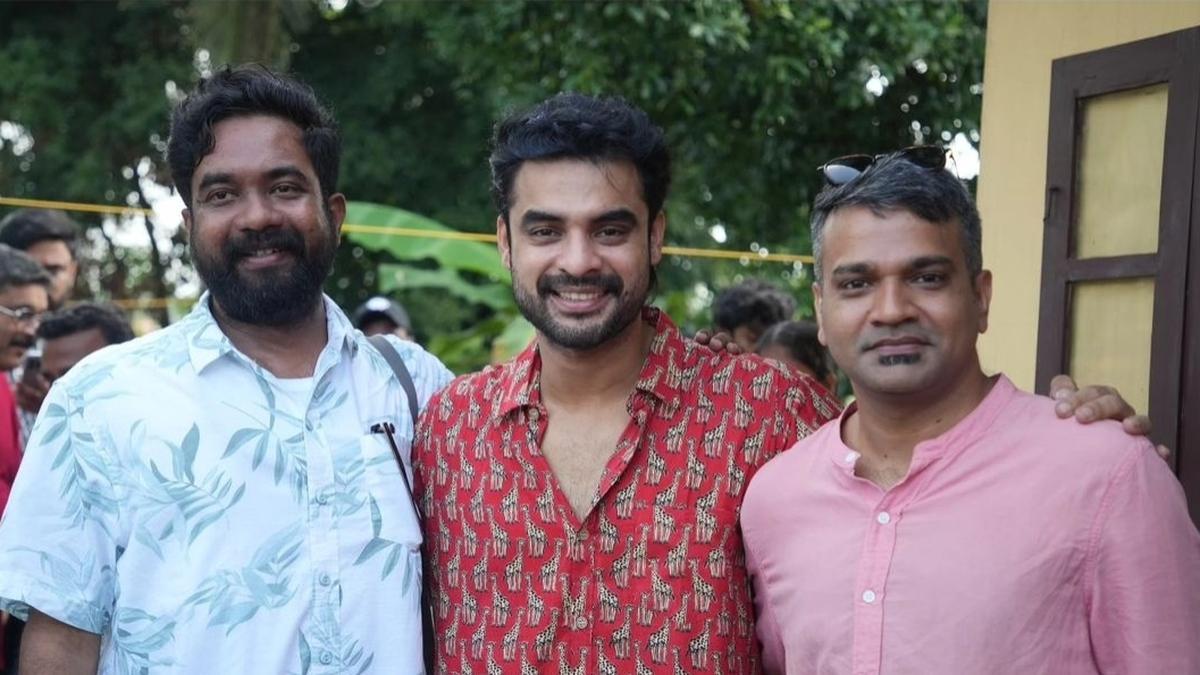
China’s leader Xi Jinping welcomed Russia’s President Vladimir Putin at an official ceremony on Thursday, marking the commencement of Putin’s state visit to China. As red carpets were rolled out and military bands played in a grand gesture of hospitality, the symbolic moment underscored the growing closeness between Beijing and Moscow, particularly as global dynamics shift in unpredictable ways.
Putin’s visit to China takes on added significance due to the evolving geopolitical landscape. Russia, challenged by economic sanctions and diplomatic isolation following its full-scale invasion of Ukraine over two years ago, has increasingly turned towards China for economic support. In this context, the state visit serves not only as a ceremonial event but also as an opportunity for substantive discussions on economic and strategic collaboration.
During his visit, Putin is anticipated to hold extensive meetings with Xi Jinping and other senior Chinese officials. The agenda is expected to underscore the no-limits partnership that the two nations pledged to each other in early 2022, mere weeks before Russia initiated its military operations in Ukraine. This partnership agreement underscores mutual support in various spheres including political, economic, and military domains, thus highlighting the significance of their alliance in the current global context.
The background to this visit is marked by significant shifts in international relations. Russia’s full-scale invasion of Ukraine has had far-reaching consequences, leading to economic and political isolation from Western countries. Subsequently, Russia has increased its reliance on China for economic sustenance. Trade between the two countries has notably surged, with Russia exporting more oil and gas to China to compensate for the loss of European markets.
Equally, China views its relationship with Russia as a counterbalance to the influence of Western powers, particularly the United States. Both nations have found common ground in their desire to shape a multipolar world order, where no single country can dominate international affairs. The visit, therefore, serves as an arena for reinforcing these shared strategic goals.
The state ceremony was replete with symbolism. As Putin arrived, the two leaders walked side by side along a red carpet, beneath the fluttering flags of their respective nations. Military bands played the national anthems of both countries, embodying a sense of solemnity and occasion. This imagery was not lost on international observers, who noted the strong political message being sent by this display of unity.
Following the welcoming ceremony, detailed discussions are slated to take place focusing on enhancing economic ties. Joint ventures, trade agreements, and investment opportunities are high on the agenda. Energy cooperation remains a focal point, particularly in the realms of oil and gas. Russia’s pivot towards the East for such economic partnerships becomes particularly pertinent in light of Western sanctions and the need for new markets and investment sources.
Moreover, military cooperation is another substantial area where the two nations are expected to deepen their engagement. Both countries have conducted joint military exercises and increased their defense dialogues in recent years. These activities not only signify military camaraderie but also project a united front in the face of Western military alliances such as NATO.
In addition to formal meetings and discussions, cultural exchanges and public diplomacy will also feature prominently. Events showcasing Russian and Chinese cultures and bolstering people-to-people connections are intended to foster a sense of camaraderie that goes beyond mere political and economic interests. These soft power initiatives aim to solidify the partnership at a societal level, making the alliance more resilient.
The no-limits partnership declared by Xi and Putin in 2022 set a benchmark for the depth and breadth of Sino-Russian relations. It embodies a cooperative framework untouched by traditional geopolitical constraints, where both countries support each other’s core interests. This visit reaffirms their commitments to these principles at a time when both nations face pivotal challenges on the global stage.
In conclusion, President Vladimir Putin’s state visit to China, marked by an elaborate welcoming ceremony and expected discussions on robust economic and military cooperation, signifies deeper ties between these two global powers. At a time of significant international turbulence, the meeting between Xi Jinping and Vladimir Putin is not just about bilateral relations but is also a statement about their shared vision for a new global order. The emphasis on their no-limits relationship underscores a strategic bond that both nations are keen to solidify in the face of global uncertainties.










